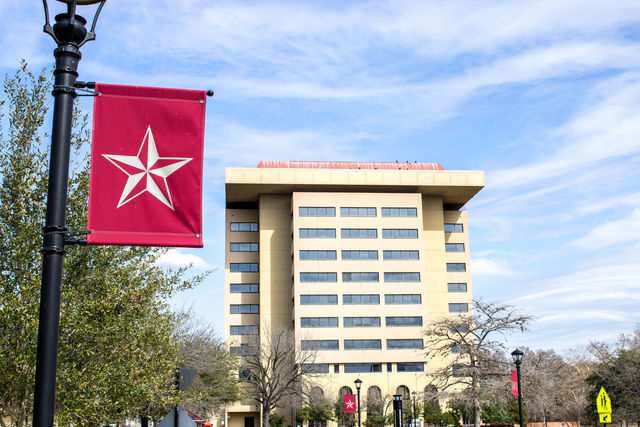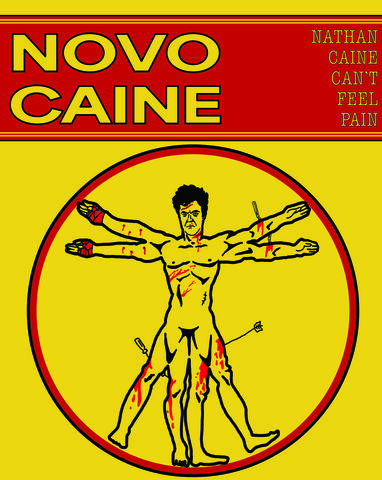Applying to graduate school consists of many steps such as deciding what to study, how to know which graduate program is the right choice and how to apply.
Advisers from three of the most popular graduate programs at Texas State have a few tips for students who are considering furthering their education.
Engineering
The engineering program began in fall 2015 and only admits students once per year during the fall semester. Out of about 70-90 applicants, only 30-50 percent of them will join the program. The number of applicants is expected to grow once the program gains more attention among students.
Vishu Viswanathan, graduate adviser of the M.S. program in engineering, said there is a specific process that is critical to understand when applying for the program.
“First, they will check against the requirements for GPA, GRE and TOEFL/IELTS (test scores),” Viswanathan said. “Second, they will determine if the technical background is adequate for M.S. (in) engineering from the applicant’s undergraduate transcripts. Third, they will gather other relevant information from their resume, statement of purpose and recommendation letter.”
When applying to graduate programs, Viswanathan said it is best practice to carefully review the program’s website and to make sure it is the right program for the individual. He also said it is helpful to contact the graduate advisers for assistance and guidance when working through the application process.
Health Education
The health education program receives 15 to 20 applicants each year and accepts 75 to 80 percent of them. Applicants may only apply, however, if they are qualified, thus leaving many to chose not to apply.
Applicants are required to submit a 500-word essay as their statement of purpose. David Wiley, professor and graduate adviser for the health education graduate program, said this is one of the most important factors of the application that is reviewed.
“Many people tell us they’re ‘interested in health’, but the applicants need to give us specifics about what they are looking for as a career,” Wiley said. “It is during this process we can figure out that sometimes applicants are applying to the wrong program.”
Wiley said the program does not require the GRE as the admissions committee has realized GPA and the 60 hours of undergraduate work are more important factors than the GRE. The program began to require letters of recommendation this year as they are now taken into consideration along with the required statement of purpose.
“My advice to prospective Health Education applicants is to make sure you have a clear vision of what you want to do with a career and how obtaining a master’s degree from Texas State can help get you there,” Wiley said. “Far too often, students attend graduate school because it is ‘next on the list’ without really thinking about why they even want to go to graduate school. Not having a clear vision and plan leads to early drop-out.”
Mass Communication
According to Dan Seed, graduate program assistant for the school of journalism and mass communication, 31 out of the 56 applicants for the mass communication program were admitted in 2017.
“The review process is a rigorous process, as we are seeking the best and brightest to join our program,” Seed said. “Our graduate committee reviews all aspects of an applicant’s academic and professional qualifications when considering their application.”
In order to apply, applicants must complete the application on ApplyTexas, have completed at least 60 hours of undergraduate or graduate work, a GRE score must be submitted and other essential documents such as resumes and letters of recommendation must be submitted. In fall 2019, the program will no longer require GRE scores to be submitted, a practice becoming more common among graduate programs.
“I advise students who are interested in applying for the mass communication graduate program to step back and ask yourself, ‘why am I applying?’,” Seed said. “One of the biggest mistakes students make is applying to grad school as a fallback, when it should be a conscious choice. You’re getting into a course of study that requires a lot of your time; in some cases, more of your time than your undergraduate education.”
Categories:
Tips for graduate school application
February 9, 2018
0
Donate to The University Star
Your donation will support the student journalists of Texas State University. Your contribution will allow us to purchase equipment and cover our annual website hosting costs.
More to Discover









